Critical Essays Archive
Shifting Perspective in Anne Carson’s Autobiography of Red
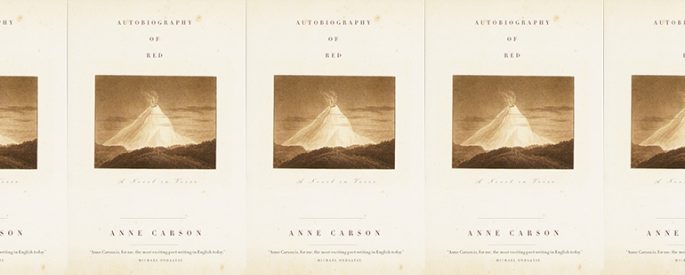
Carson’s novel is driven by unlatching being: her protagonist’s narration progresses from the self-absorption of childhood through adolescence and into the comparative wisdom of young adulthood. Carson shows this journey primarily through changes in the way that the outside world, and those who live in it, are observed.
Sadness, Metaphor, and Pedagogy in The Sword in the Stone
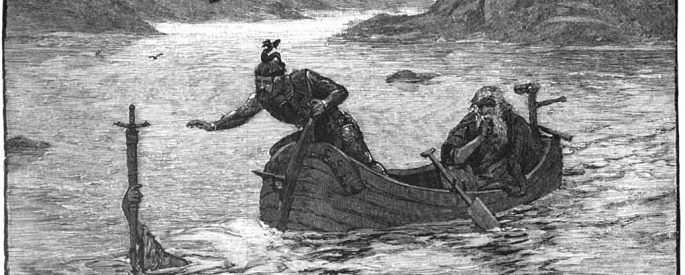
In the first book of T. H. White’s Arthurian saga, published in 1938, a young Arthur feels restless and sulky. Arthur’s stepfather shoos him away to Merlyn’s study for advice and a little cheering up, and Merlyn tells his pupil, “The best thing for being sad is to learn
Truth and Lies in Elena Ferrante’s Incidental Inventions
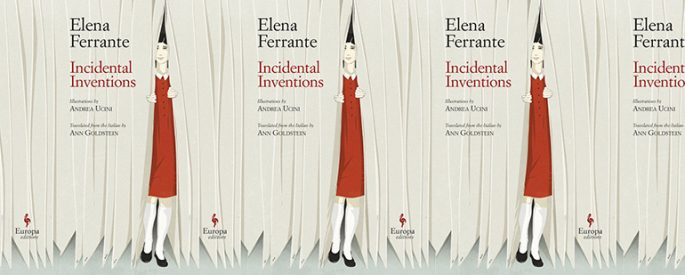
Over the course of Ferrante’s new essay collection, her commentary on the contingencies of telling both truth and lies shines new light on the relationship between narrative and the frightening reality she has elsewhere called the "frantumaglia."
Mindy Aloff’s Dance in America: A Reader’s Anthology
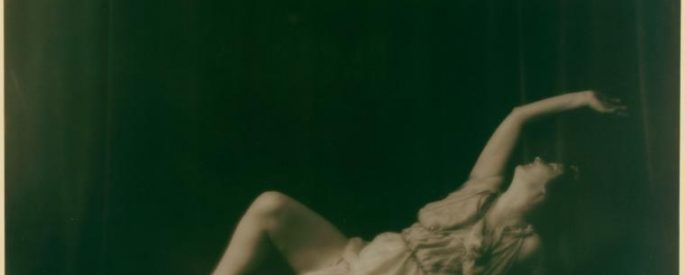
The challenge of Aloff’s project stands not only in relation to the mass of written material to potentially engage, but in how to remain in keeping with the Library’s undertaking “to celebrate the words that have shaped America” when dealing with an artform that creates a world “where there
Uncanny Masculinities
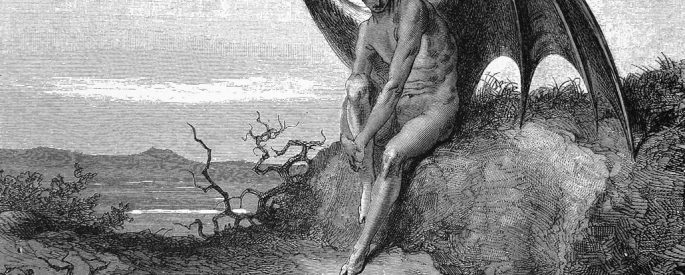
If someone were asked to discuss contemporary British masculinity, it is unlikely that they would begin with superstition and folklore, yet that is precisely the framing this topic receives in novels by Sarah Moss and John Burnside.
Vignettes of Miscommunication
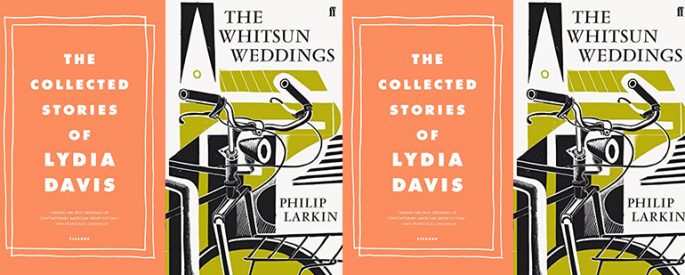
Works by Lydia Davis and Philip Larkin capture a disjoint between individual and community, or individual and environment. Both suggest that speech doesn’t disappear or break down entirely when there’s such a disconnect. Instead, it just becomes difficult to access positive, generous, and honest speech.
The Spinsters of Barbara Pym’s Excellent Women
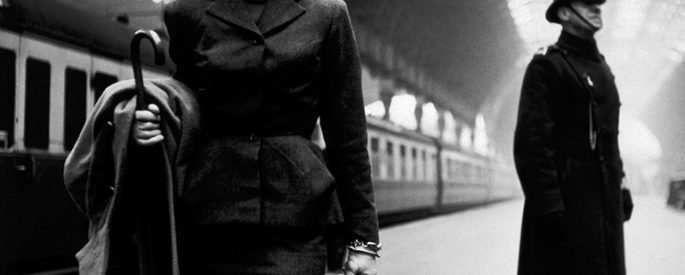
Barbara Pym’s spinsters are trademarks of her novels, and their lives—outwardly ordinary and richly interior—are symbolic of the fullness, rather than the absence, that shape their days.
Brexit and James Shirley’s Saint Patrick for Ireland
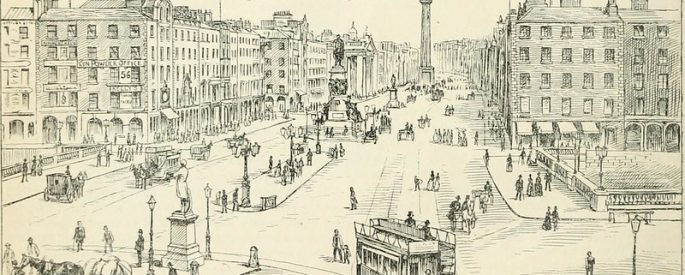
While the Brexit-pushing advertisements that sowed fear of immigrants and raised questions of British sovereignty were more overtly propaganda than Shirley’s 1640 play, they all seek the same goal: to ask denizens to unite in the face of perceived oncoming chaos and adversity, whether that threat is manufactured or
The Two Versions of Tender Is the Night

Duality is a constant theme of F. Scott Fitzgerald’s final novel, and fracture along the resulting fault lines is its constant threat. Fitzgerald mirrored these fractures in a brilliant nonlinear structure, though whether he fully appreciated his own craft is unclear, given that he eventually decided to sabotage it.
Self-Deception in The Wife
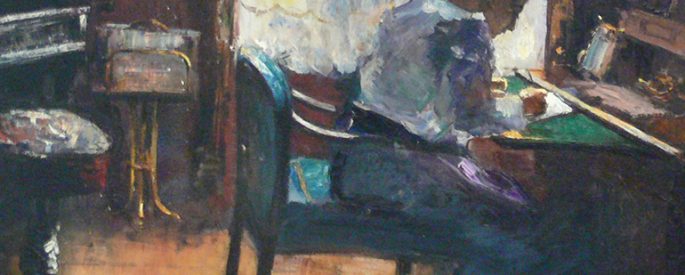
Meg Wolitzer’s 2003 novel is not a story about how a “great” writer seduced his young student and how their marriage fell apart. It is a story of something far more compelling: a woman who has hidden her talent behind a man.